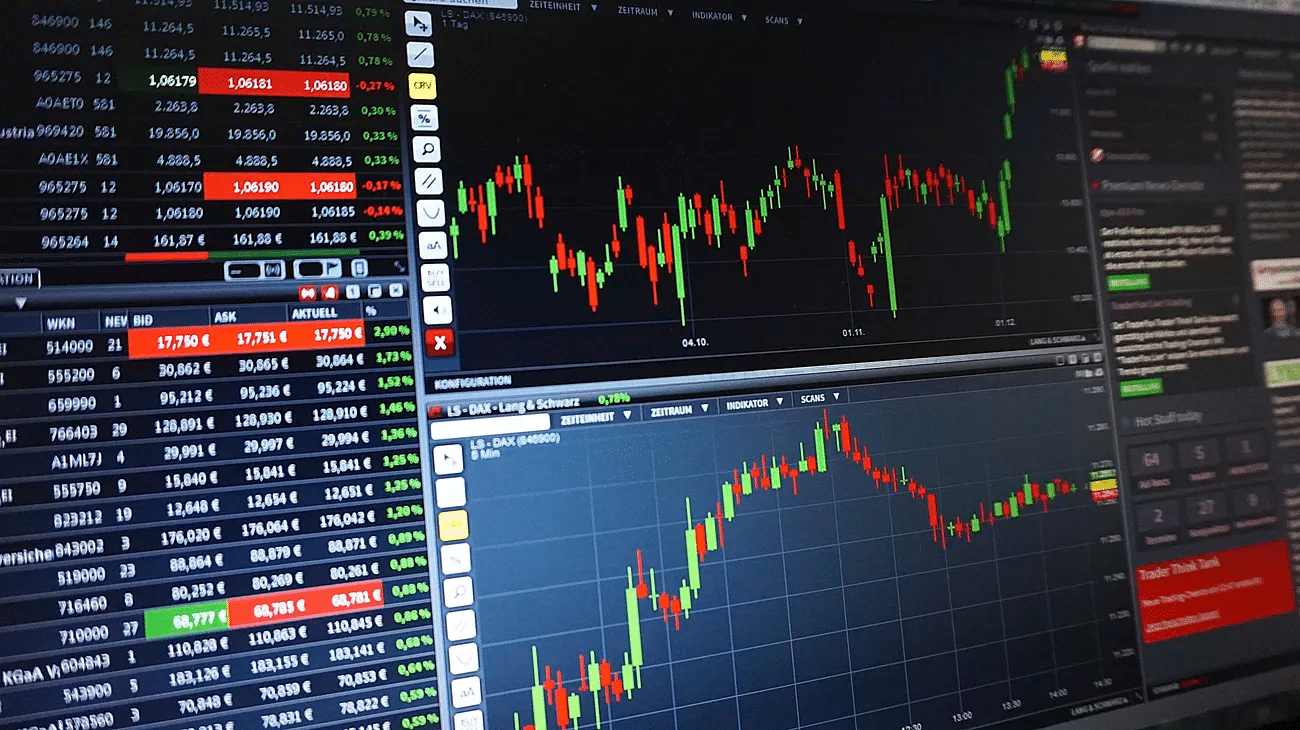
[vc_row type=”in_container” full_screen_row_position=”middle” column_margin=”default” column_direction=”default” column_direction_tablet=”default” column_direction_phone=”default” scene_position=”center” text_color=”dark” text_align=”left” row_border_radius=”none” row_border_radius_applies=”bg” overflow=”visible” overlay_strength=”0.3″ gradient_direction=”left_to_right” shape_divider_position=”bottom” bg_image_animation=”none” gradient_type=”default” shape_type=””][vc_column column_padding=”no-extra-padding” column_padding_tablet=”inherit” column_padding_phone=”inherit” column_padding_position=”all” column_element_direction_desktop=”default” column_element_spacing=”default” desktop_text_alignment=”default” tablet_text_alignment=”default” phone_text_alignment=”default” background_color_opacity=”1″ background_hover_color_opacity=”1″ column_backdrop_filter=”none” column_shadow=”none” column_border_radius=”none” column_link_target=”_self” column_position=”default” gradient_direction=”left_to_right” overlay_strength=”0.3″ width=”1/1″ tablet_width_inherit=”default” animation_type=”default” bg_image_animation=”none” border_type=”simple” column_border_width=”none” column_border_style=”solid”][vc_column_text]It’s summer, and scammers seem to be fueled by solar panels!
These days, it’s been hard not to experience constant warnings of new hacks in the blockchain industry. So far this year (end of July), $1.9 billion has been lost from hacks up from $1.2 billion for the same period in 2021.
To quote a few:
- General Byte’s bitcoin ATMs have been hacked on August day, via a zero day attack. This term historically implied a malevolent hacker’s access to a developer’s code before the release of vulnerable software. But it is now used in a slightly broader meaning: Long story short, hackers managed to add themselves as admins in the manufacturer’s database in order to trick users’ devices into selling their coins. More info here.
- Many scammers are now tricking victims by selling them “solutions” in order to recover assets lost to scam… a total scam-ception, if you will!
- Even high-level executives within the industry are finding those scams hard to avoid sometimes, like this Aurora Labs exec.
The good (or bad ?) news is that due to the recent bearish market, scammers lost a lot of potential revenue (gullible beginners left the market, and the value of the assets involved in scams went down). More info on that in this Chainalysis report.
Also on a more positive note, some industry leaders are aggressively attacking crytpo-fraud with new tech. While bridge services have become the key tool in money laundering on the blockchain, this month, London-based blockchain analysis provider Elliptic launched its “Holistic Screening Service” which will allow compliance teams to track and trace crypto assets between all blockchains, tackling the anonymity of cross-chain bridges. Read more.
So, more than ever, dear friends: keep yourself and your friends in the community safe!
On the legal side, a few countries updated their regulations recently:
- Canada’s legislation seems surreal. Canada is now limiting the maximum amount of crypto-tokens that a user could buy within a year. What? The odd part of this new law is that it doesn’t apply to all digital assets but just to some of them, which is why you might soon buy an unlimited amount of say, BTC, in Canada, but be capped at $30K per year in another currency. Is it because Canada recently experienced a problematic civil unrest situation during which activists were using crypto-currencies? Or simply because the tech itself is deemed dangerous by the Canadian state?
Knowing how easy it is to swap coins, it is very likely that these regulations won’t last very long. But the regulations do show at least one thing: States keep taking the blockchain sector seriously, for better or worse. More explanation from the Newton exchange. - Australia also issued new regulations. Treasurer Jim Chalmers, Minister for Financial Services, Stephen Jones, and Assistant Minister for Competition, Charities and Treasury, Dr. Andrew Leigh, all stated that the crypto-currency industry in Australia is “largely unregulated”. But unlike Canada, Australia seems to orient its regulations to drive more investors and businesses to Australia. More info here.
On a more positive note, despite the traditional slowing down of activity during the month of August, new industry activities kept at a strong steady pace, providing rich new solutions and intriguing evolutions:
- A proposal was submitted on Sushi Swap’s DAO, named Meiji Restoration, an homage to a former era of Japan’s history. The notably important goal of this proposal is to reduce the possibility of seeing a DAO hijacked by whales detaining a ludicrous amount of Sushi Tokens. One of the ways to reach this goal is to introduce the use of GAUGES, to avoid pressuring token holders into selling their assets for short-term profit.
- In June, MEXC announced the integration of SWIFT for its customers in North America. While it raises questions about the strange intertwined exchanges between traditional finance and DeFi, this news definitely shows that cryptocurrency-usage is getting more mainstream by the day. We are looking forward to see how MEXC customers use these functionalities at the end of the summer, when the whole sector restarts.
That’s all for this short August newsletter, folks!
See you in September, with a lot of hot news!
The MuKn team[/vc_column_text][/vc_column][/vc_row]